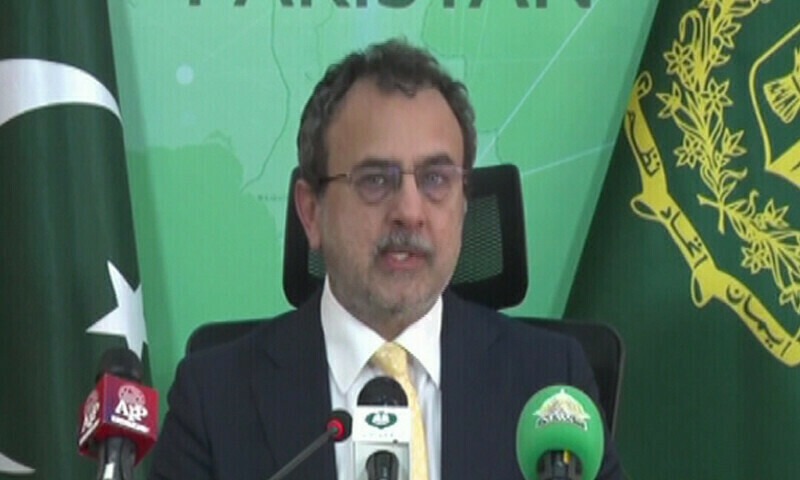The government announced on Thursday the premature termination of power purchase agreements (PPAs) with five of the oldest independent power producers (IPPs), aiming to save an impressive Rs411 billion. This decision is expected to reduce the average electricity tariff by approximately 71 paise per unit, currently set at about Rs36 per unit, excluding taxes and duties.
Prime Minister Shehbaz Sharif made the announcement during a federal cabinet meeting, which was followed by a news conference by Power Minister Awais Ahmed Khan Leghari. The minister emphasized that the government would continue reviewing contracts with other IPPs and state-owned power plants to further lower tariffs by Rs8-10 per unit.
The cabinet has approved the termination of these contracts, which will undergo procedural approvals by the Private Power and Infrastructure Board (PPIB) and the Central Power Purchasing Agency (CPPA) before being presented to the National Electric Power Regulatory Authority (Nepra) for regulatory approval and de-licensing. Leghari mentioned that the contracts were ended through “mutual agreement,” with IPP owners prioritizing national interest over personal profit. He expressed gratitude to the army chief and various government institutions, including power companies and regulators, for their support.
The five IPPs that agreed to terminate their contracts include Saba, Lalpir, Atlas, and Rousch — all set up under the 1994 power policy — as well as the country’s largest private utility, the 1,292 MW Hub Power Company Ltd, established even earlier. These plants, with a combined generation capacity of 2,463 MW, were scheduled to expire within the next two to three years.
Leghari revealed that the government is also preparing a winter package aimed at encouraging increased electricity consumption, offering discounts of Rs20 to 30 per unit on additional usage. The government has initiated several tangible measures to achieve a short-term reduction in electricity tariffs by Rs8-10 per unit. In the first phase, five IPPs were identified for negotiations aimed at reforming the power sector.
The termination agreements with these IPPs are part of a broader strategy to reduce tariffs. The minister indicated that the agreements would result in annual savings of Rs70 billion over the remaining life of the contracts, contributing to the total savings of Rs411 billion. The government plans to clear Rs71 billion in outstanding payables to the IPPs without incurring late payment surcharges or penalties for early termination.
Leghari asserted that these savings surpass those achieved by the previous PTI government. He confirmed that the government is reviewing the performance and costs of all power plants, both public and private, and negotiations are underway to reprofile the debt of Chinese power plants established under the CPEC portfolio.
The government aims to transition IPPs established under the 2002 power policy from a “take or pay” model to a more favorable agreement. Leghari noted that each case would be evaluated individually. The minister indicated plans to reduce tariffs by Rs3.5 per unit through local IPPs, Rs3.75 per unit by reprofiling Chinese IPP debt, Rs0.75 per unit through surcharges, and Rs0.72 per unit from closing the five IPPs. Additionally, a Rs0.16 per unit reduction will stem from removing the television fee currently included in electricity bills.
Addressing the potential impact of contract terminations on future privatizations, Leghari reassured that investors would not be deterred. He emphasized that IPPs in Pakistan have recorded some of the highest profits globally, ensuring future bidders would find investment returns attractive.
Furthermore, the government plans to open charging stations for electric vehicles in the coming weeks, with the establishment of the Independent System and Market Operator (ISMO) by merging the CPPA and the National Power Control Centre (NPCC). This merger aims to transition the power sector to an operational exchange system similar to a stock exchange within the next three to four years, with ISMO expected to be fully operational by January 2025.
Leghari concluded by stating that the implementation of these measures would boost electricity consumption, supporting industrial productivity and competitiveness, while promoting business growth.



